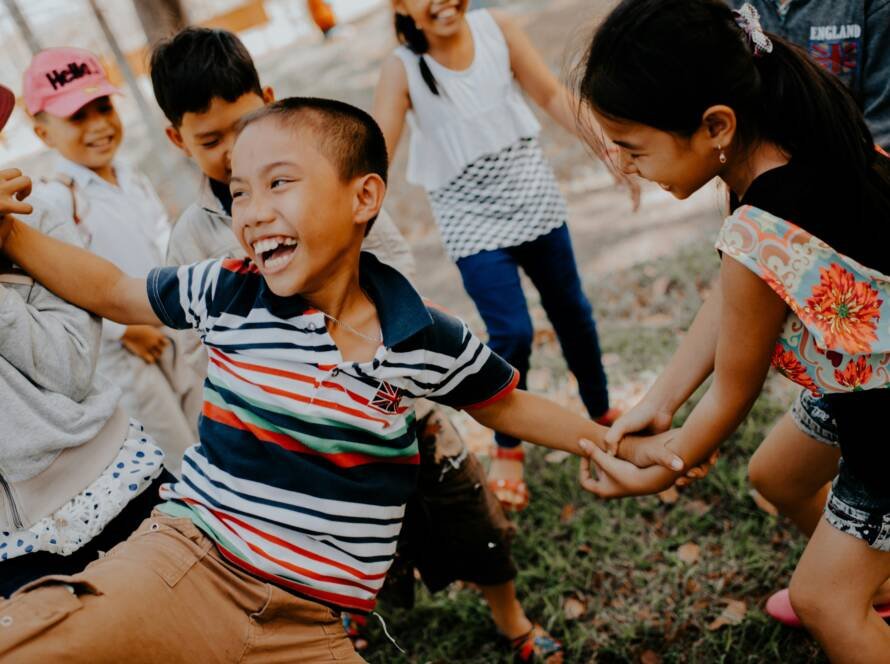Personalized Growth, Profound Impact: Bringing Competency-Based Learning to Indian Schools
What if every learner in an Indian classroom felt seen, heard, and truly understood?
What if the system wasn’t driven by timetables and test scores, but by growth, relevance, and meaning?
This is the promise of Competency-Based Learning (CBL)—a model of education that places the learner at the heart of the process and redefines success not by how much is covered, but by how deeply it is understood.
It is not a trend. It is a return to what education was always meant to be: personalized in its approach, purposeful in its direction, and profound in its impact.
A Shift from Uniformity to Individuality
In far too many Indian classrooms, children sit in rows, taught the same lesson in the same way, expected to understand at the same time. Yet we know—no two learners are the same. Each one brings a unique rhythm, set of experiences, strengths, and needs.
CBL recognises this truth. It offers flexibility in how learning happens, and more importantly, in when a student is ready to move forward. Learners progress only when they demonstrate mastery—not when the term ends or the syllabus demands it.
This shift is both radical and deeply humane. It tells children:
“You matter. Your journey is valid. Let’s learn at your pace, not the system’s.”


NEP 2020 and the Call for Deeper Learning
The National Education Policy 2020 charts a bold new direction for Indian education—emphasizing foundational understanding, flexible pathways, and real-world application over rote learning and high-stakes testing.
CBL offers the scaffolding to actualize this vision. It asks:
-
What does a student need to be able to do with what they learn?
-
How do we ensure this knowledge is usable, lasting, and life-relevant?
-
What values and dispositions should be nurtured alongside academic skills?
With clearly defined competencies and learner-centered progression, CBL aligns seamlessly with NEP 2020’s vision of holistic, skill-based, and equitable education.
Making Learning Purposeful
CBL moves learning beyond the textbook. It connects knowledge to purpose. Competencies are not vague ideas—they are actionable, observable outcomes rooted in life. For example:
-
A science competency might ask a student to design a water purification solution using local materials.
-
A language competency might involve conducting interviews to document oral histories in their community.
-
A civic education competency could explore rights, responsibilities, and ethical dilemmas through role-play and discussion.
This approach doesn’t just build knowledge—it builds agency. Students begin to see that learning isn’t just about scoring marks. It’s about becoming capable, responsible contributors to their world.
Rooted in Indian Educational Wisdom
Long before modern pedagogies emerged, Indian traditions of learning had already understood that education is not linear, mechanical, or identical for all.
In the gurukula system, progression was not based on age or time, but on readiness and realization. A student moved ahead only when they had truly internalized the teachings—through dialogue, reflection, and application.
This profound, layered approach is echoed in CBL.
Indian Knowledge Systems—from Ayurveda and astronomy to classical arts and crafts—were built on the idea of competency through experience, not content for the sake of content. Mastery meant living the learning.
By drawing on these traditions, Indian schools have the opportunity not to imitate Western models, but to rediscover and reimagine their own.
Making It Work in Indian Classrooms
Can a CBL framework succeed in the diverse and often constrained contexts of Indian schools?
Yes—but it requires rethinking how we define and design learning.
-
Curriculum with Clarity – Shift from content-heavy syllabi to clearly defined learning outcomes. Focus on what learners should be able to demonstrate, not just what they should remember.
-
Assessment with Purpose – Move away from testing as the sole measure of learning. Embrace portfolios, projects, performances, and ongoing feedback to understand real growth.
-
Pedagogy with Flexibility – Encourage teachers to differentiate instruction, support varied learning paths, and celebrate progress—not just perfection.
-
Support for Educators – Empower teachers with tools, training, and autonomy. In a CBL model, teachers are not deliverers of content—they are mentors, designers, and facilitators of learning journeys.
Personal. Purposeful. Profound.
These three words are not just ideals. They are guiding principles for meaningful education in India.
-
Personalized: Because no two learners are the same—and learning must reflect that.
-
Purposeful: Because knowledge without relevance is forgotten. But learning connected to life, lasts.
-
Profound: Because education must not only inform the mind, but also transform the person.
The Road Ahead
Competency-Based Learning gives us the chance to create classrooms that are not driven by pressure, but by possibility.
Where children don’t just perform, but grow.
Where teachers don’t just teach, but inspire.
Where education is not a transaction, but a transformation.
This is not just the future of learning. It is a return to its essence.
When learning becomes personal, it becomes powerful. When it becomes purposeful, it becomes lasting. And when it becomes profound, it becomes life itself.



